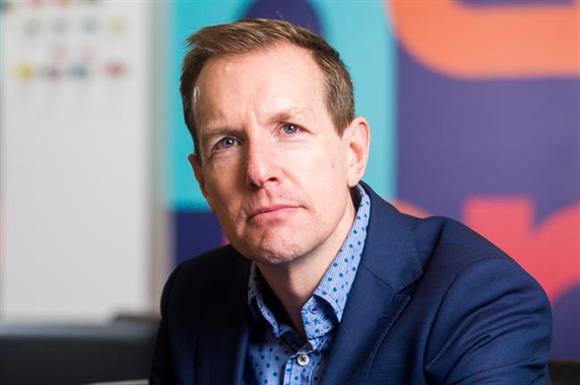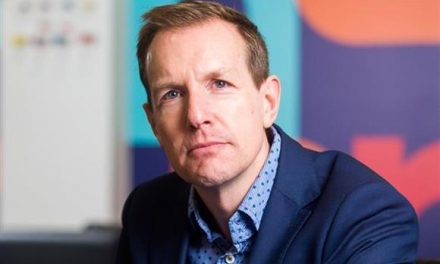Founders of charities and social enterprises are normally amazing, exceptional people. And at some point, they leave. Some do this brilliantly (as we show below). They ‘leave well’ and seed the ground for long-term success. Others unintentionally do the opposite – and damage their organisation, their own legacy and the charity’s future impact.
When this happens, founders, in my experience, tend to fall into one of three types.
The Backseat Driver. Here the Founder, keen to avoid the hassles of running the organisation wants to leave and does so but, having ‘left’ seeks to retain influence by using their board connections or ‘consultancy’ work to steer the new CEO. The Backseat Driver is surprisingly common in charities where early boards are packed with personal friends of the Founder. Fuelled by a belief that they know what it best, the Backseat Driver lacks the emotional intelligence to understand the damage this can cause to their ‘baby’.
The Short-Distance Driver. This type of founder is brilliant in the early years. Their passion galvanises staff and the early organisation quickly grows. But short of the skills needed to lead at scale, the Short-Distance Driver either crashes the car completely or leaves an almighty mess for their successor – destroying the charity’s social impact in the process. This Founder lacks the insight and confidence to know where their skills are best deployed and misses the moment to bring someone in for the next phase.
The Sunday Driver. After a few years of hard-yards getting the charity moving, this Founder gets comfortable and, sometimes, struck in a rut. But life rumbles on, they come and go as they like and Trustee expectations on them are low. So rather than deploy their considerable talents elsewhere the Coaster hangs around. Slowly but surely, value stops being created – and the rot sets in. Eventually, when the Sunday Driver calls it a day, it’s often too late.
Does any of this ring true? In all these cases, the question of succession is either dodged or botched.
Yet the price is huge. The organisation is often left broken – and its social impact diminished.
How to Leave Well
Does it have to be this way? Of course not. Succession can be an opportunity for organisational renewal and new heights of success. So how does this happen? To find out I spoke to several Founders who had got it right – and to some of their successors.
Among these were Poppy Jaman and Simon Blake, Founder and new CEO, respectively, of Mental Health First Aid England, both of whom took time out to reflect and share their experiences with Third Sector on what leaving in a healthy way looks like.
Five important pieces of advice came out of my conversations with Poppy and Simon.
- Prepare the Ground. Poppy consulted those around her of her intention to leave long before finally making the move. This allowed her to measure where the organisation was and what it needed in the run up to her leaving. As a result, she commissioned help in areas, such as HR, that would need shoring-up as the organisation entered a period of transition
- Get a Coach. Founders, Poppy said she benefited from coaching to help her understand her own needs and strengths both in the lead up to leaving and afterwards. Coaching, she said, makes it easier for Founders to make decisions that are healthy for them and for others in the organisation
- Know you have a natural shelf-life as CEO. Simon Blake, Poppy’s successor as CEO, makes the point that all CEOs, including Founders, have a limit on the time they will be able to add value to an organisation. Accepting this as a fact, is as important for Founders as any other CEO.
- Advise, by all means, but don’t choose your successor. Poppy stayed out of the formal part of choosing Simon as CEO of Mental Health First. But she did advise the board on the long list and who she felt would make a good fit with the values of the organisation. But was she on the panel? Categorically not.
- Honour, Trust and Support your Successor. Poppy made an early decision to do all she could to make Simon’s tender as CEO successful. This meant being available without being involved. As she neatly put it: ‘I am always on the other end of the phone, but I will not be the one to make the call’. Both Simon and Poppy spoke about having empathy for each other’s position and assuming the very best of each other as a starting point.
Of course, these five rules don’t apply just to founders who are moving on. The actually apply to all succession situations. We all hear the horror stories about succession in our sector but seldom do we talk about it or explore how it could be better.
How about you have we conversation – right now?
For an extended interview with Poppy Jaman and Simon Blake on how they modelled a great way to ‘leave well’ listen free to the Social Club podcast at http://socialclubuk.com
Craig Dearden-Phillips, Chair, the Social Club Group






Recent Comments